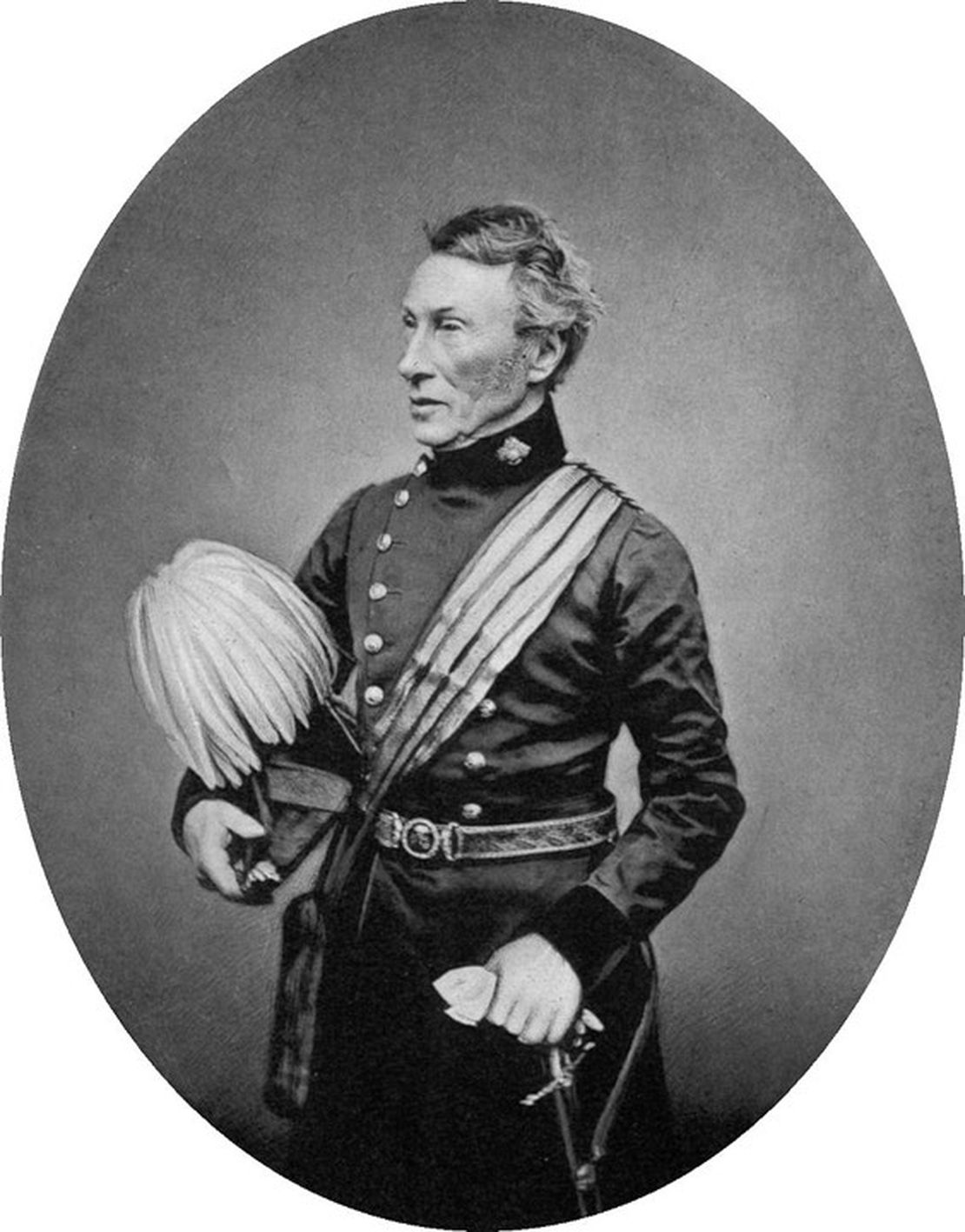- March 16, 1789
Francis Rawdon Chesney (16 March 1789 – 30 January 1872) was a British general and explorer.
He was a son of Captain Alexander Chesney, an Irishman of Scottish descent who, having emigrated to South Carolina in 1772, served under Lord Rawdon (afterwards Marquess of Hastings) in the American War of Independence, and subsequently received an appointment as coast officer at Annalong, County Down, Ireland. F. R. Chesney was born there, on 16 March 1789.
Francis Rawdon Chesney (1789-1872) was a notable British army officer, explorer, and pioneer in the mid-19th century. He is best known for his explorations in the Middle East and his efforts to establish a new trade route to India via the Euphrates River, highlighting the strategic importance of the Suez Canal’s route before its completion.
Born on March 16, 1789, Chesney embarked on a military career that saw him participating in various campaigns, including the Napoleonic Wars. However, it was his interest in exploration and the geopolitics of the Middle East that marked his place in history. Recognizing the potential for a quicker route to British India, Chesney conducted exploratory missions to assess the feasibility of navigating the Euphrates River to the Persian Gulf.
In 1831, under the auspices of the British government, Chesney led an expedition that sailed down the Euphrates, successfully reaching the Persian Gulf. This expedition provided valuable geographical and scientific data, although the route was ultimately deemed impractical for regular navigation and trade due to various logistical challenges and political instability in the region.
Despite this, Chesney’s work had a significant impact on British imperial strategy and contributed to the broader understanding of the Middle East’s geography. His efforts underscored the importance of the region to British interests, especially concerning the route to India, which would later be dominated by the Suez Canal.
Francis Rawdon Chesney published several works on his findings and experiences, including “The Expedition for the Survey of the Rivers Euphrates and Tigris” (1850). He was also a member of various scientific societies, contributing to the era’s geographical and exploratory knowledge.
Chesney’s legacy is that of a visionary who sought new pathways in an era of expanding global trade and empire. He died on January 30, 1872, leaving behind a legacy of exploration and a deeper understanding of the Middle East’s strategic significance.

 ← Last meeting of the Breton National Assembly
← Last meeting of the Breton National Assembly James Wills, clergyman and writer, is born in Castlerea, Co. Roscommon →
James Wills, clergyman and writer, is born in Castlerea, Co. Roscommon →